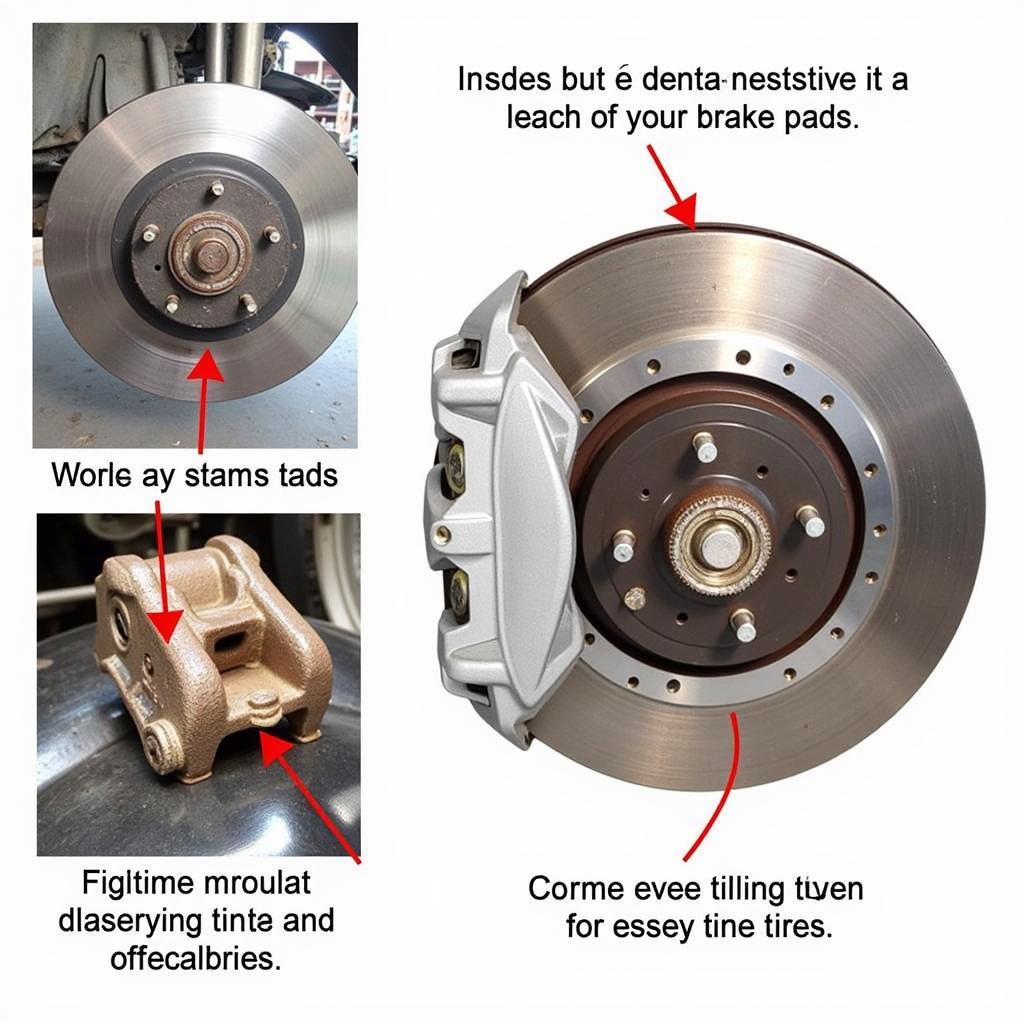A Car Stereo Fader Problem can be incredibly frustrating, transforming your in-car audio experience from enjoyable to annoying. Whether one side of your car is silent, the sound is unbalanced, or the fader control seems unresponsive, this article provides a comprehensive guide to diagnosing and fixing car stereo fader problems. We’ll explore common causes, troubleshooting steps, and even offer some DIY solutions.
Have you ever experienced the frustration of a malfunctioning car stereo fader? It can ruin your drive, especially if you rely on your car audio for entertainment or hands-free communication. Understanding the intricacies of your car’s audio system can empower you to troubleshoot and even fix these fader issues.
Common Causes of Car Stereo Fader Problems
Several factors can contribute to car stereo fader problems. These include:
- Wiring issues: Damaged, loose, or corroded wires are a frequent culprit. This can occur due to wear and tear, improper installation, or even rodent damage.
- Faulty fader control: The fader control itself can malfunction due to electrical or mechanical issues.
- Blown speakers: A blown speaker on one side of the car can mimic a fader problem, as sound will only come from the working speakers.
- Amplifier problems: If your car has an external amplifier, issues with the amplifier or its wiring can cause fader imbalance.
- Head unit malfunction: In some cases, the head unit itself might be the source of the problem, requiring replacement or repair.
Are you having similar issues with other brands? Check out common sony car stereo problems.
Diagnosing Your Car Stereo Fader Problem
Identifying the specific cause of your fader problem requires a systematic approach. Here’s a step-by-step guide:
- Check the fader control: Try moving the fader control back and forth. Does it feel loose or unresponsive? If so, the control itself might be the issue.
- Test the balance control: If adjusting the balance control shifts the sound as expected, it might indicate a problem with the fader control specifically.
- Inspect the wiring: Carefully examine the wiring connected to the speakers and the head unit. Look for any signs of damage, looseness, or corrosion.
- Test the speakers: Use a multimeter or a known working speaker to test each speaker individually. This can help you identify a blown speaker.
- Check the amplifier (if applicable): If your car has an external amplifier, inspect its wiring and connections for any issues.
Some problems are brand specific. For instance, you can learn more about jvc car audio problems.
DIY Solutions for Car Stereo Fader Problems
Depending on the cause, you might be able to fix the fader problem yourself:
- Tighten loose connections: If you find any loose wiring, carefully tighten the connections.
- Clean corroded wires: Use a wire brush or contact cleaner to remove corrosion from wires and terminals.
- Replace damaged wires: If the wiring is damaged, replace the affected sections with new wires.
- Replace the fader control: If the fader control is faulty, you can often replace it with a new one.
“Regularly inspecting your car stereo wiring can prevent many fader problems. Catch small issues early before they become big headaches.” – Johnathan Davis, Automotive Electrical Specialist
If you are experiencing volume fluctuations, you can read more about bose car stereo volume problem. You can also find helpful advice for specific audio issues like car sound moves from stereo from to problem.
When to Seek Professional Help
If you’re not comfortable working with car electronics or if your troubleshooting efforts don’t resolve the problem, it’s best to consult a qualified car audio technician. They have the expertise and tools to diagnose and fix more complex issues, including head unit malfunctions or amplifier problems.
“Don’t hesitate to seek professional help if you’re unsure about any aspect of car audio repair. It’s better to be safe than sorry, especially when dealing with electrical systems.” – Maria Sanchez, Certified Car Audio Technician
Conclusion
Car stereo fader problems can range from simple wiring issues to complex head unit malfunctions. By following the troubleshooting steps outlined in this article, you can often identify the cause of the problem and even fix it yourself. However, for more complex issues, remember that professional help is always available. If you need assistance or further guidance, connect with AutoTipPro at +1 (641) 206-8880 or visit our office at 500 N St Mary’s St, San Antonio, TX 78205, United States. We are here to help you enjoy your car audio experience to the fullest. For more information on diagnosing speaker problems, visit our guide on diagnosing car speaker problems.





Leave a Reply